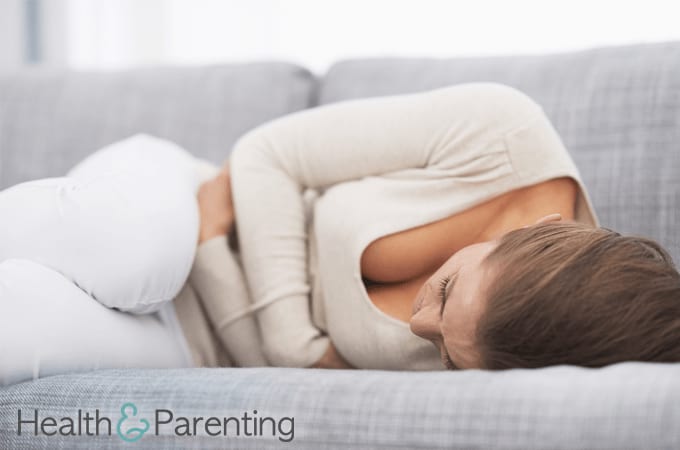Three out of four women experience at least one symptom of premenstrual syndrome (PMS). PMS is believed to be caused by changing hormone levels during the menstrual cycle. Some women may experience a symptom of PMS with no problems, but others struggle to function normally in the days leading up to their periods.
Symptoms of PMS
Symptoms are most commonly experienced during the second half of the menstrual cycle, and continue until after the period has started. Symptoms vary from woman to woman. There are a number of potential symptoms, including:
● irritability
● mood swings
● low mood
● headaches
● bloating
● breast tenderness
Managing PMS
Some women find that the following tips help them to cope with the symptoms of PMS:
● eating well – avoiding processed, sugary and hard to digest foods may help to reduce symptoms of PMS such as bloating and low moods.
● reducing caffeine and alcohol intake – this general health advice can leave you feeling better during PMS too.
● regular exercise – being healthy can help you to better cope with symptoms of PMS. Being a healthy weight may help you to ward off some symptoms.
● relax – suffering from PMS can leave you feeling stressed and anxious, so it’s important you take time to unwind. Yoga and meditation are both great ways to relax after a busy day. Even something as simple as a long soak in the tub could leave you feeling better.
● stop smoking – studies have found a link between smoking and severe PMS.
● supplementing – certain vitamins, such as magnesium and zinc, may help to keep symptoms of PMS under control. Try to eat a healthy, balanced diet to make sure you are getting enough of these vital nutrients, but also take a daily multivitamin supplement to give yourself a safety net.
● speak to your healthcare provider – if severe PMS is affecting your daily life, your healthcare provider may be able to offer advice and solutions to help reduce your symptoms. For example, some women find that taking the combined contraceptive pill reduces their PMS symptoms. For women who are suffering from severe low moods as a result of PMS, antidepressants may be recommended.
When to seek help
If PMS is interfering with your work or personal life, it may be time to seek professional help. If you have made the above changes and not noticed a change in the severity of your symptoms, speak to your healthcare provider about your PMS.
This information is not intended to replace the advice of a doctor. Health & Parenting Ltd disclaims any liability for the decisions you make based on this information. All contents copyright © Health & Parenting Ltd 2014. All rights reserved.










